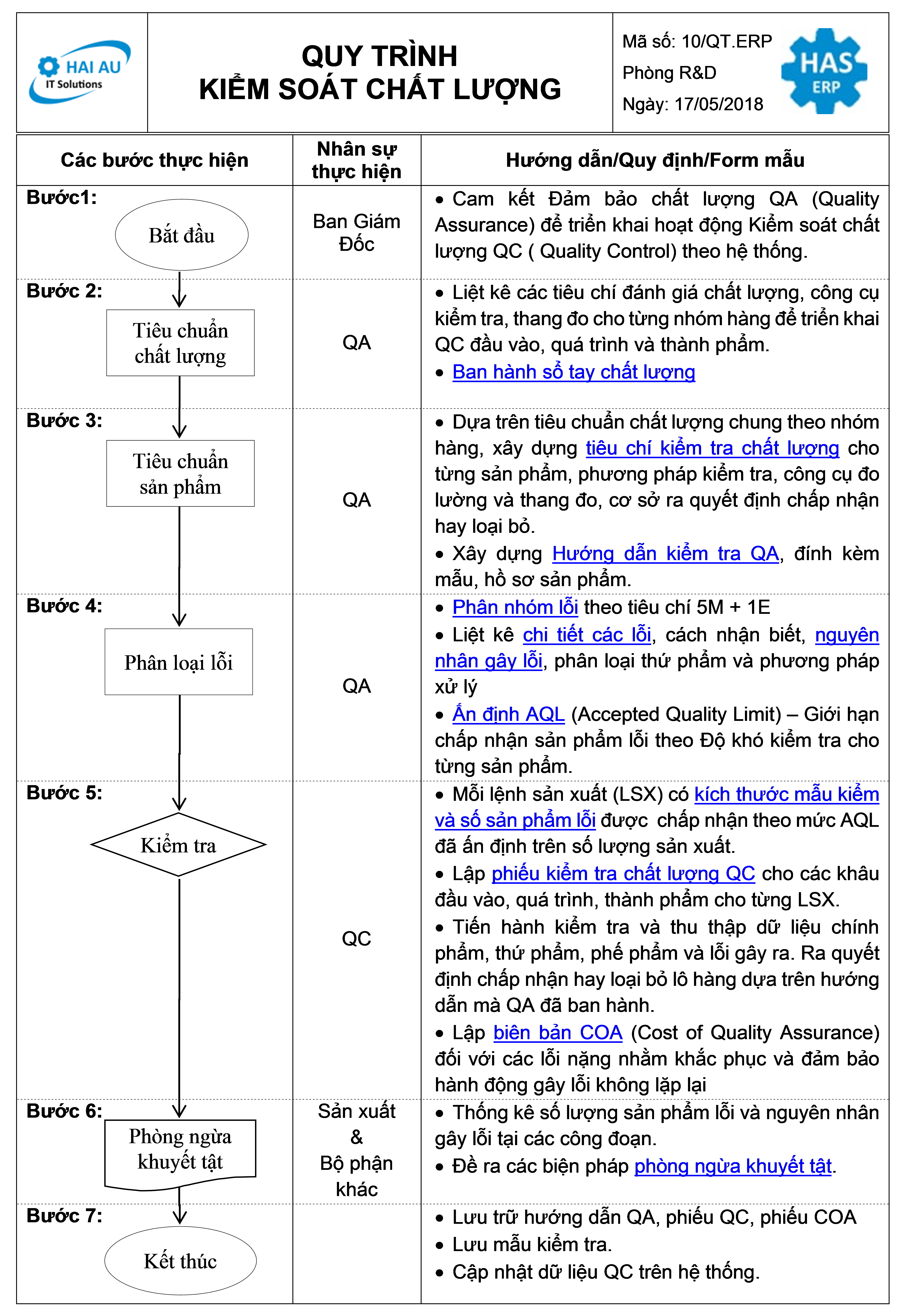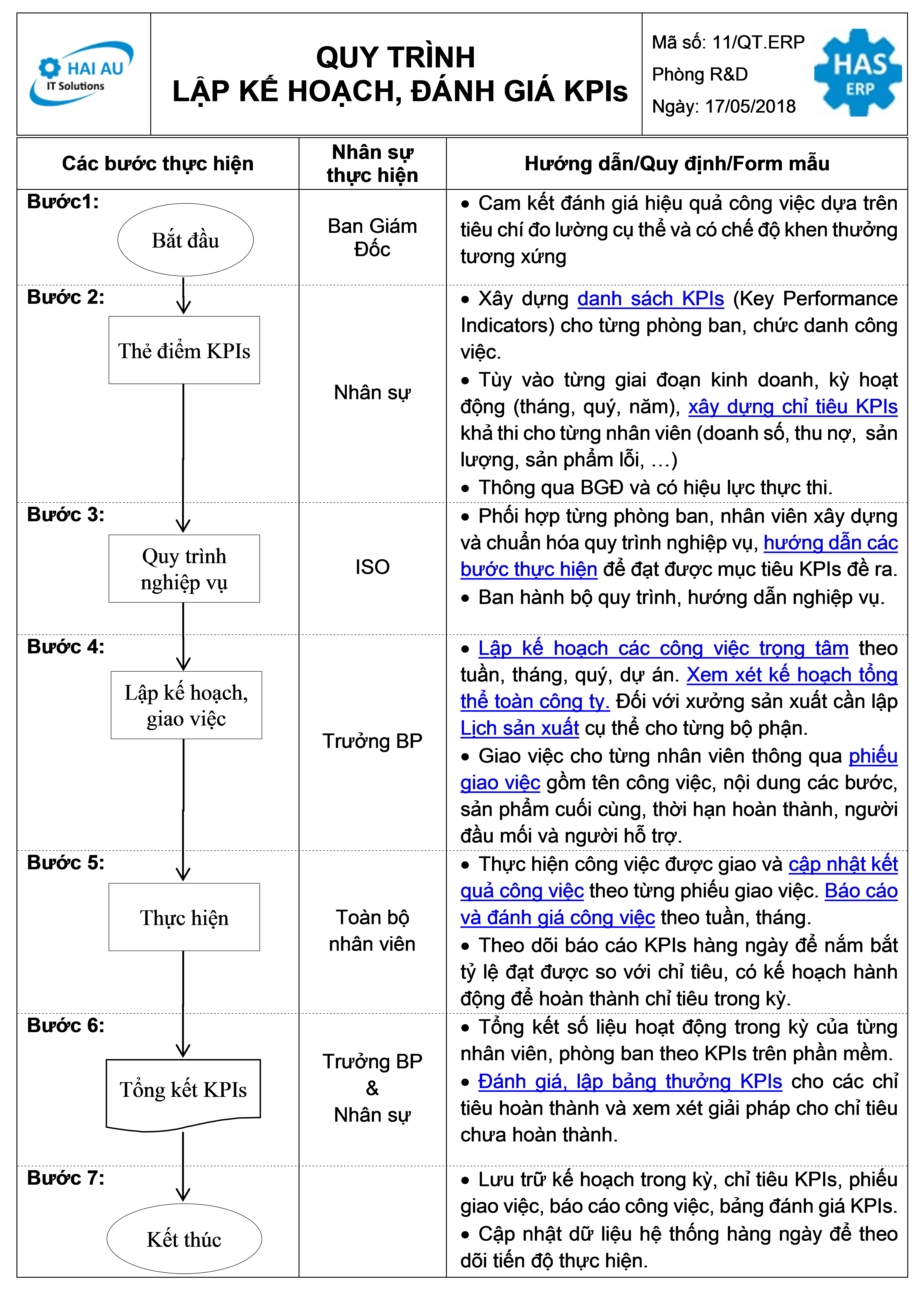The resignation of district police chiefs: Conditions and procedures.
Editor's Notes: The resignation of district police chiefs: Conditions and procedures have been published today, September 10, 2023. This is an important topic to read because it provides information on the conditions and procedures that need to be followed in order to resign from the position of district police chief.
We have done some analysis and digging, and have put together this guide to help you make the right decision.
Key takeaways:
| Condition | Procedure |
|---|---|
| The police chief must have served in the position for at least two years. | The police chief must submit a written resignation letter to the provincial police chief. |
| The police chief must have a valid reason for resigning. | The provincial police chief will review the resignation letter and make a decision on whether or not to accept it. |
| The police chief must provide a handover plan to the provincial police chief. | If the resignation is accepted, the police chief will be relieved of their duties on the date specified in the resignation letter. |
FAQ
This FAQ section provides comprehensive information on the conditions and procedures for resigning from a district-level police position.
Question 1: What are the eligibility requirements for resigning from a district-level police position?
To be eligible to resign, you must meet the following criteria: be in good standing with the police force, have completed the required years of service, and have no outstanding disciplinary actions or criminal charges against you.
Question 2: What is the procedure for resigning from a district-level police position?
The resignation process involves submitting a formal letter of resignation to the relevant authorities, providing a specific date of departure, and completing any necessary administrative tasks, such as returning equipment and uniforms.
Question 3: What is the timeline for processing a resignation from a district-level police position?
The processing time for a resignation may vary depending on the specific circumstances and the relevant authorities' procedures. It is advisable to submit the resignation letter well in advance of the intended departure date to allow ample time for processing.
Question 4: Are there any benefits or entitlements associated with resigning from a district-level police position?
Upon resignation, you may be entitled to certain benefits, such as severance pay, pension benefits, and access to healthcare coverage during the transition period. The specific benefits available will depend on your individual circumstances and the applicable regulations.
Question 5: What should be considered before resigning from a district-level police position?
Before resigning, it is crucial to carefully consider your reasons for leaving, explore alternative options within the police force, and ensure you have a clear plan for your future career and financial stability.
Question 6: Where can I obtain additional information or support regarding resigning from a district-level police position?
You can contact the relevant human resources department within the police force or seek legal counsel for guidance and support throughout the resignation process.
It is recommended to thoroughly review the official policies and procedures for resigning from a district-level police position and consult with appropriate authorities to ensure a smooth and compliant transition.

11. Quy trình kiểm soát chất lượng - Hải Âu IT Solution - Source www.haiausolution.com
Tips for Resigning from the District-Level Police
Resigning from the police force can be a significant decision that requires careful consideration and adherence to the appropriate procedures. To ensure a smooth and professional departure, here are essential tips to guide you through the process:
Tip 1: Understand the Eligibility Criteria
To be eligible to resign, you must have completed the required number of years of service as stipulated in the regulations. Consult the relevant guidelines to determine your eligibility.
Tip 2: Submit a Formal Resignation Letter
Your resignation letter should be submitted in writing to your commanding officer. State your intention to resign clearly and provide the effective date of your departure. Ensure that the letter is well-written and professional.
Tip 3: Complete the Necessary Paperwork
In addition to your resignation letter, you may be required to complete additional paperwork, such as a clearance certificate or a handover report. Cooperation with these administrative processes is crucial for a seamless transition.
Tip 4: Inform Relevant Parties
Once your resignation has been accepted, inform your colleagues, subordinates, and other relevant parties. Maintain a professional and respectful demeanor throughout this process.
Tip 5: Maintain Confidentiality
During your resignation process, maintain confidentiality regarding sensitive information or ongoing investigations. Preserve the integrity of the organization and respect the privacy of others.

QUY Trinh BO SUNG CHI UY - QUY TRÌNH BỔ SUNG CHI ỦY VÀ CÁC CHỨC DANH BÍ - Source www.studocu.com
Tip 6: Seek Support If Needed
Resigning from the police force can be an emotional experience. If needed, seek support from colleagues, family, or a professional counselor. Remember that you are not alone in this transition.
Tip 7: Prepare for a Smooth Departure
During your remaining time in the force, assist in training your replacement and ensure a seamless handover of your responsibilities. This will reflect positively on your professionalism and support the continuity of operations.
Tip 8: Respect the Organization
Throughout the resignation process, maintain respect for the organization and your former colleagues. Express your gratitude for the opportunities and experiences you have gained during your time in the police force.
For a more comprehensive guide on the conditions and procedures for resigning from the district-level police, please refer to the following article: Bỏ Công An Cấp Huyện: Các Điều Kiện Và Quy Trình Từ Chức.
Quitting the District-Level Police Force: Criteria and Resignation Procedures
The decision to leave the district-level police force is a significant one, and several crucial aspects must be considered. These aspects include:
- Criteria: Eligibility and requirements for resignation
- Procedures: Formal steps and documentation necessary
- Reasons: Motivations and circumstances leading to resignation
- Consequences: Immediate and long-term implications of leaving
- Support: Resources and assistance available during the transition
- Alternatives: Exploring other career options after leaving
These aspects are interconnected and must be carefully assessed to ensure a smooth and well-informed resignation process. For example, understanding the criteria and procedures helps individuals determine their eligibility and navigate the administrative requirements. Recognizing the potential consequences and seeking support can mitigate challenges and provide a safety net during the transition. Ultimately, quitting the district-level police force is a personal decision that should be made with a comprehensive understanding of the implications and available options.

SƠ ĐỒ QUY TRÌNH GIẢI QUYẾT VỤ ÁN HÀNH CHÍNH THEO THỦ TỤC SƠ THẨM - Luật - Source fdvn.vn
Bỏ Công An Cấp Huyện: Các Điều Kiện Và Quy Trình Từ Chức
Leaving the police force at the district level is a significant decision that requires careful consideration of both personal and professional factors. "Bỏ Công An Cấp Huyện: Các Điều Kiện Và Quy Trình Từ Chức" outlines the conditions and procedures necessary for resigning from this position. Understanding these requirements is crucial for officers contemplating such a move to ensure a smooth and legally compliant transition.

12. Quy trình lập kế hoạch,đánh giá KPIs - HAS IT Solutions - Source www.haiausolution.com
Reasons for resigning can vary widely, ranging from career advancement to personal circumstances. Regardless of the underlying cause, the article provides a step-by-step guide to the resignation process. It covers essential aspects such as the submission of a resignation letter, the required notice period, and the finalization of administrative tasks before leaving the force.
Beyond the procedural details, "Bỏ Công An Cấp Huyện: Các Điều Kiện Và Quy Trình Từ Chức" also highlights the importance of understanding the potential consequences of such a decision. It discusses the impact on benefits, pension entitlements, and any ongoing investigations or assignments. This information helps officers make informed choices that align with their long-term goals and well-being.
In summary, "Bỏ Công An Cấp Huyện: Các Điều Kiện Và Quy Trình Từ Chức" is a valuable resource for police officers considering leaving the force at the district level. By providing clear and comprehensive guidance, it empowers them to navigate the resignation process effectively and make informed decisions about their future.
Conclusion
Understanding the conditions and procedures outlined in "Bỏ Công An Cấp Huyện: Các Điều Kiện Và Quy Trình Từ Chức" is essential for police officers considering resigning from their positions at the district level. By adhering to the established guidelines and seeking professional advice when needed, they can ensure a smooth and compliant transition to their next chapter.
The article emphasizes the importance of carefully evaluating personal and professional circumstances before making such a significant decision. It encourages officers to consider their long-term goals, financial implications, and any potential impact on their career trajectory. By approaching the resignation process with thoughtful preparation, officers can position themselves for success in their future endeavors.



